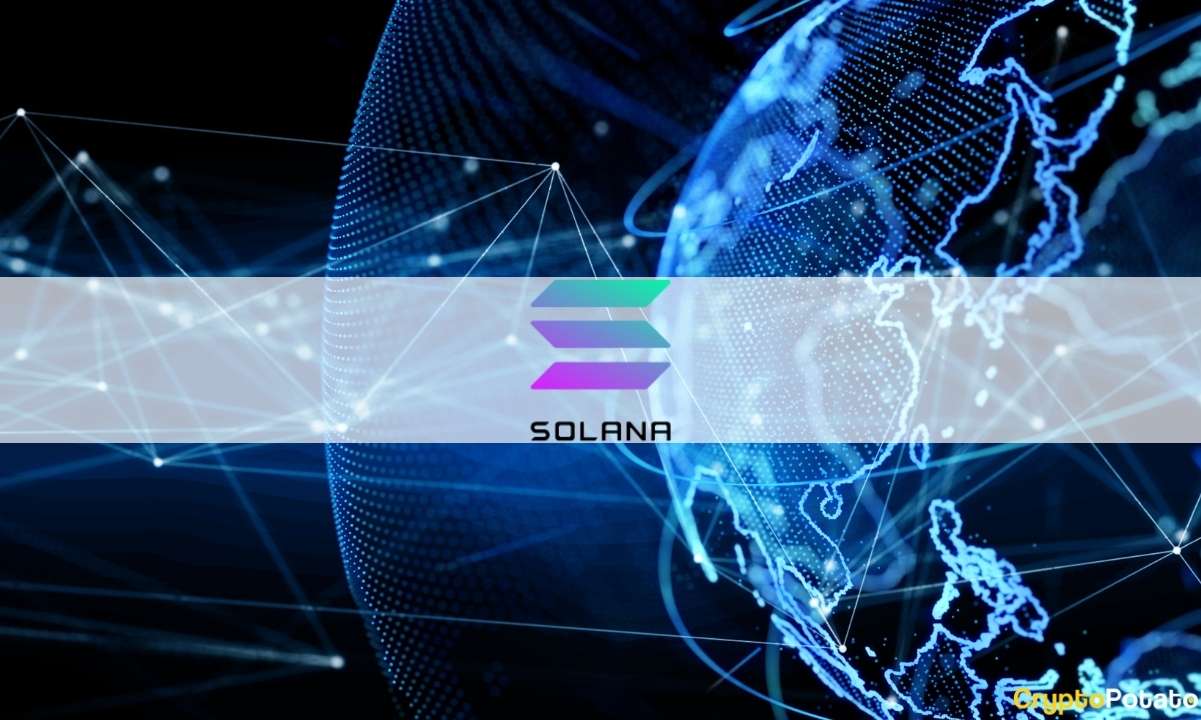
It’s been a tough week for Solana users. Network performance has slowed down considerably. It was first reported on the Solana community Telegram group, and many have speculated on another DDoS attack by hackers. However, this is due to an increase in high compute transactions.
Solana’s Continued “Degraded Performance”
Conversations surrounding Solana’s network issues have been going on since the beginning of the year. Solana Status confirmed that the platform is currently suffering degraded performance as a result of an “increase in high compute transactions.”
Typically, Solana has around 50,000 Transactions Per Second (TPS). As a result of the downturn, the increase in high compute transactions led to a reduction in network capacity to “several thousand transactions per second”. This, in turn, has led to the failure of some transactions for users. He assured the community that the developers of the Solana ecosystem are monitoring the network to resolve these issues and improve resilience.
The Solana Foundation, on the other hand, is yet to divulge any details regarding the same. Meanwhile, the network performance may not have a direct impact on the native token, but SOL’s price is down by more than 5% over the past 24-hours and is currently trading at $140. However, it’s worth noting that the majority of the crypto market went through a sizeable correction in the past 48 hours.
Not DDoS confirms the co-founder
It’s important to understand that blockchain network slowdowns are nothing new. But the fact that Solana, aka “Ethereum Killer”, suffered multiple slowdowns in the past six months alone has concerned many in the community.
CryptoPotato reported a similar incident on Tuesday. Several users complained of experiencing a massive slowdown, which led to concerns regarding distributed denial-of-service (DDoS) attacks. During that time, the network reportedly went offline for nearly four hours in the early morning of January 4th. Several critics took the opportunity to call out the project.
However, Solana Labs co-founder Anatoly Yakovenko came to the rescue and clarified that it was not. In fact, Yakovenko said the delays were the “pain of bringing a new runtime to market.”


















